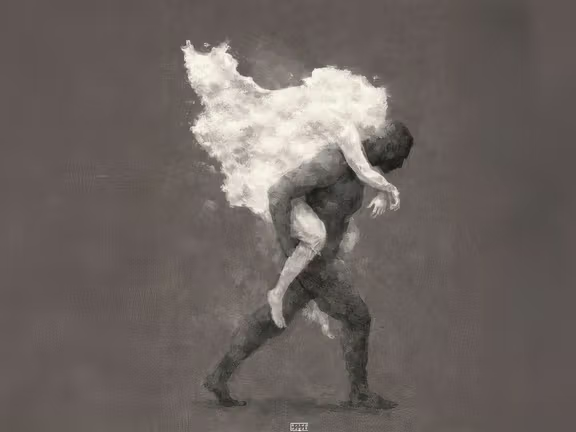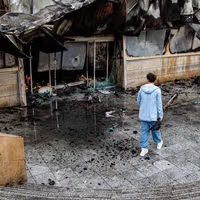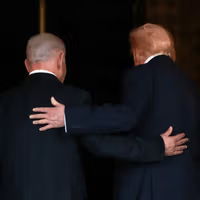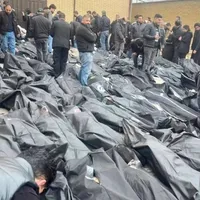The allegation was “so absurd and baseless that our embassy initially saw no need to respond,” Foreign Ministry Spokesman Esmaeil Baghaei said on Monday, adding that both the Mexican foreign ministry and its intelligence agencies had confirmed there was no such case.
“This is part of the Zionist regime’s ongoing effort to destroy Iran’s friendly relations with other states,” he told reporters at his weekly press briefing in Tehran.
Trump ‘confession’ filed at UN
Baghaei also said Iran has officially submitted US president Donald Trump’s recent comments to the United Nations as evidence of Washington’s involvement in Israeli military actions against Iran.
“This admission of a crime establishes the full responsibility of the US government,” he said. Iran is working with its judiciary and the president’s legal office to pursue international proceedings, Baghaei added.
Last week, Trump said he directed Israel’s strike on Iran during the June conflict. “Israel attacked first. That attack was very, very powerful. I was very much in charge of that,” US president told reporters last week.
Tehran, Baghaei said, is also documenting what it calls US and Israeli aggression for future legal use.
“We are seriously pursuing the documentation of the military aggression by the Israeli regime and the United States, and we are also examining all available international mechanisms to seek justice and file a complaint against the US,” he added.
Iran on agenda for IAEA meeting
On the nuclear file, Baghaei said it was not unusual for Iran’s nuclear activities to appear on the agenda of the International Atomic Energy Agency’s next Board of Governors meeting, adding that Western powers may seek to use the session to renew political pressure.
He also dismissed NATO Secretary General Mark Rutte’s recent comments accusing Iran and Russia of undermining international rules.
“Most of the actions carried out by NATO members themselves are the very ones they accuse others of committing. This requires no analysis – one only needs to look at the facts to see which side has violated international law and the UN Charter: Iran or the NATO member states,” he said, adding that the alliance’s interventions in Afghanistan and beyond had repeatedly breached international law.
Inspectors visit nuclear sites
IAEA inspectors, Baghaei said, visited several Iranian nuclear facilities last week, including the Tehran Research Reactor. Any further inspection requests, he added, would be reviewed “in coordination with the Supreme National Security Council.”
His remarks followed IAEA chief Rafael Grossi’s statement to France 24 that Iran still holds highly enriched uranium and the technical capacity to build a nuclear weapon despite recent Israeli and US attacks on its facilities.
Sanctions relief
Asked about Trump’s separate remark that Iran had requested the lifting of sanctions from Washington, Baghaei said lifting sanctions remains a “legitimate demand of the Iranian people” rather than a gesture of goodwill by Washington.
“These sanctions have been unjustly imposed on every Iranian for decades, and their humanitarian impact amounts to a crime against humanity,” he said.
Iran continues to insist on the removal of what it calls “unlawful restrictions” as a prerequisite in any future negotiations with Western powers, he added.
















